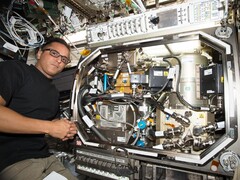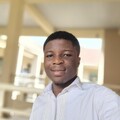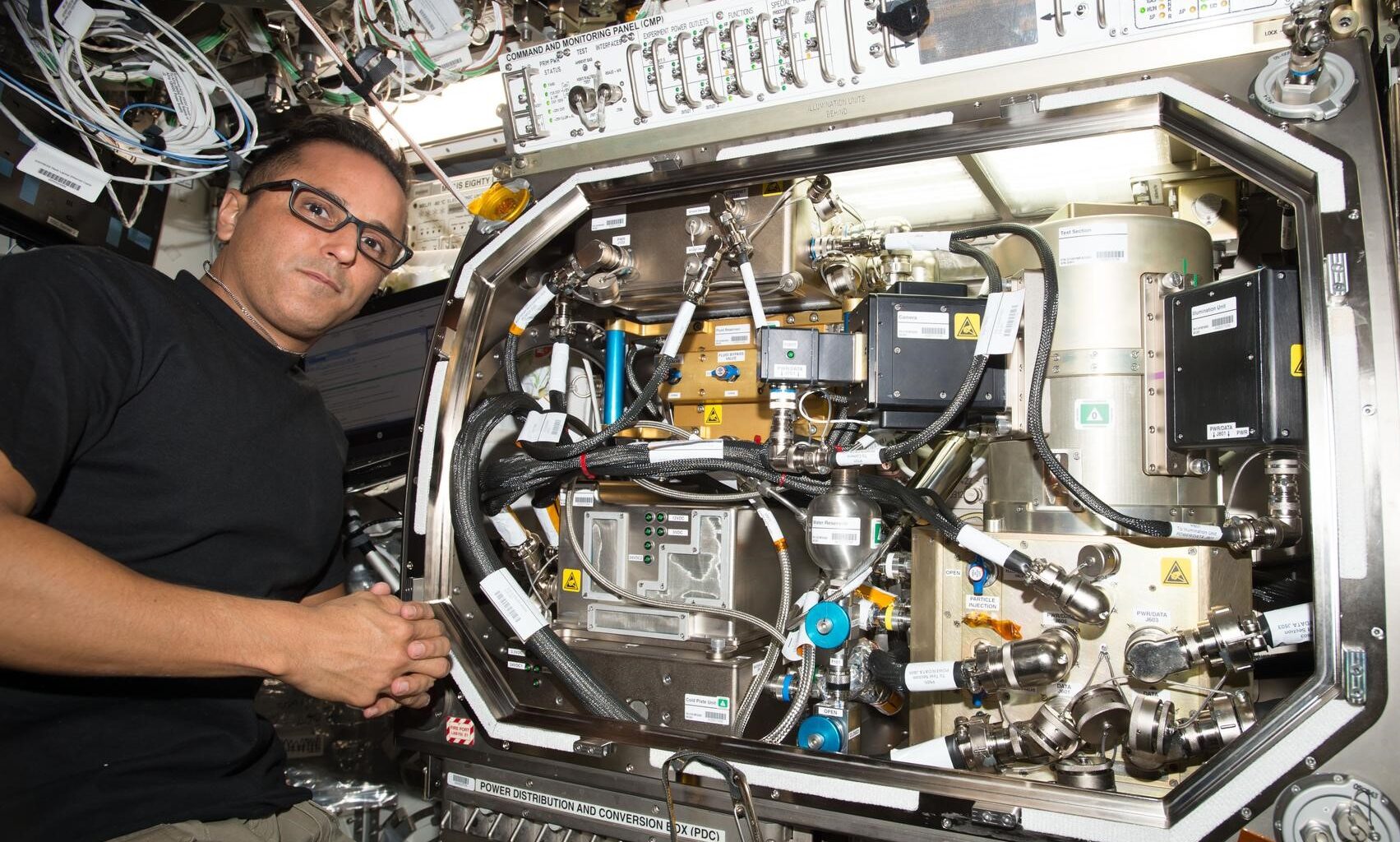 NASA astronaut Joe Acaba installing hardware to test controlling pressure in cryogenic fuel tanks (Image source: NASA; cropped)
NASA astronaut Joe Acaba installing hardware to test controlling pressure in cryogenic fuel tanks (Image source: NASA; cropped)
NASA and its partners are preparing to launch a resupply mission that will carry over 11,000 pounds (about 5 metric tons) of supplies. Among these supplies are materials for research that could revolutionize several aspects of science, including cancer treatment.
The International Space Station is home to research useful for space and Earth-based science. NASA and Northrop Grumman are preparing to take another round of research to the orbiting laboratory. Northrop Grumman’s Cygnus XL spacecraft will convey the supplies for the research.
One of the main research projects aboard this mission is one that could advance the treatment of cardiovascular, immunologic, and neurodegenerative diseases, and cancer. Scientists will examine the effects of microgravity on the crystal structure of drug molecules. It is expected that microgravity would produce larger and more uniform pharmaceutical crystals.
Better crystals could mean more effective drug therapy. The research team will try to use the space-grown crystals to grow more crystals on Earth. While prior work has been done on this, this research aims to test the effectiveness of the technique on a much larger scale.
This will not be the only research aboard the spacecraft. Semiconductor crystal research will also be on board. Research has shown that space-grown semiconductor crystals result in the production of better-performing semiconductor devices.
The Cygnus XL spacecraft will also carry experiments that will test the effect of microgravity on UV light’s ability to destroy bacterial biofilms. Another crucial experiment on this mission is the Zero Boil-Off Tank Noncondensables (ZBOT-NC). ZBOT-NC will test the use of inert gases as a protective layer within the fuel tanks of spacecraft. This is expected to control fuel tank pressure in microgravity and prevent unnecessary propellant wastage that current practices are causing.
The Cygnus XL spacecraft is scheduled to launch on September 14 aboard a SpaceX Falcon 9 rocket.
Image source: NASA (linked above)
 Chibuike Okpara – Tech Writer – 179 articles published on Notebookcheck since 2024
Chibuike Okpara – Tech Writer – 179 articles published on Notebookcheck since 2024
I have always been fascinated by technology and digital devices my entire life and even got addicted to it. I have always marveled at the intricacy of even the simplest digital devices and systems around us. I have been writing and publishing articles online for about 6 years now, just about a year ago, I found myself lost in the marvel of smartphones and laptops we have in our hands every day. I developed a passion for learning about new devices and technologies that come with them and at some point, I asked myself, “Why not get into writing tech articles?” It is useless to say I followed up the idea — it is evident. I am an open-minded individual who derives an infinite amount of joy from researching and discovering new information, I believe there is so much to learn and such a short life to live, so I put my time to good use — learning new things. I am a ‘bookworm’ of the internet and digital devices. When I am not writing, you will find me on my devices still, I do explore and admire the beauty of nature and creatures. I am a fast learner and quickly adapt to changes, always looking forward to new adventures.

